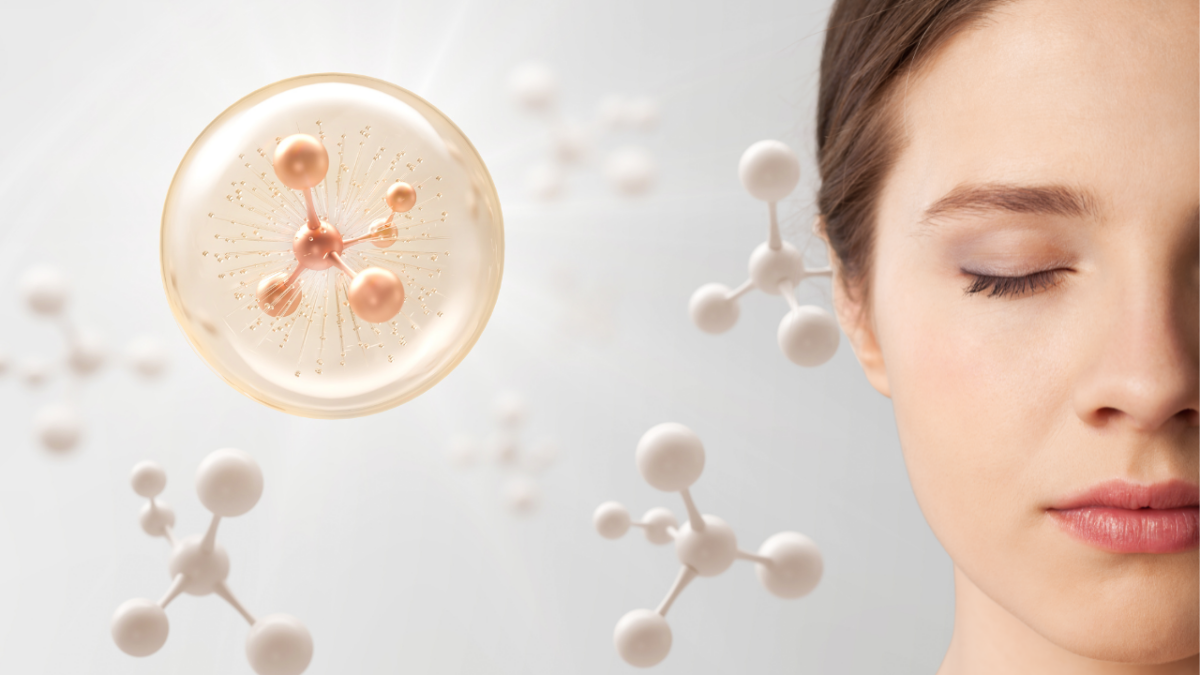The Best Natural Sources of Collagen for Skin and Health

Collagen is an essential protein that gives structure to our skin, bones, muscles, and connective tissues. As we age, collagen production in our bodies decreases, leading to wrinkles, sagging skin, and joint problems. Thankfully, there are natural sources of collagen in certain foods that can help replenish and support our collagen levels. Incorporating these foods into your diet can help maintain a youthful appearance and enhance your overall well-being.
Bone Broth
Bone broth is one of the richest natural sources of collagen. Made by simmering animal bones and connective tissues, bone broth extracts collagen, gelatin, and other beneficial nutrients.
Benefits of Bone Broth
- Rich in Collagen: Bone broth is packed with collagen, which supports skin elasticity and joint health.
- Gut Health: The gelatin in bone broth helps soothe the gut lining and improve digestion.
- Immune Support: Bone broth contains amino acids like glutamine, arginine, and glycine, which support immune function.
How to Make Bone Broth
To make bone broth, simmer animal bones (chicken, beef, or fish) with water, vegetables, and apple cider vinegar for 12-24 hours. This long cooking process helps extract the collagen and other nutrients from the bones.
Chicken
Chicken, especially the skin and cartilage, is an excellent source of collagen. Chicken collagen is particularly beneficial for joint health and is often used in supplements.
Benefits of Chicken
- Joint Health: Chicken collagen contains chondroitin and glucosamine, which support joint function and reduce inflammation.
- Skin Elasticity: Regular consumption of chicken can help maintain skin elasticity and reduce wrinkles.
Best Ways to Consume Chicken
Incorporate chicken into your diet through various preparations like soups, stews, or grilled dishes. Opt for organic and free-range chicken to avoid added hormones and antibiotics.
Fish and Shellfish
Fish and shellfish, particularly those with skin and bones, are great sources of collagen. Marine collagen is easily absorbed by the body and is known for its high bioavailability.
Benefits of Fish Collagen
- Skin Health: Marine collagen is highly effective in promoting skin hydration, elasticity, and reducing wrinkles.
- Bone Strength: Fish collagen supports bone density and reduces the risk of osteoporosis.
Top Sources of Marine Collagen
- Salmon: Contains high levels of collagen in its skin.
- Tuna: Another fish rich in collagen, especially in the skin.
- Shellfish: Shrimp, oysters, and lobster shells are also good sources.
Egg Whites
Egg whites contain large amounts of proline, one of the main amino acids necessary for collagen production.
Benefits of Egg Whites
- Collagen Production: Proline in egg whites supports the body’s natural collagen synthesis.
- Skin Repair: Regular consumption of egg whites can help repair and maintain healthy skin.
How to Incorporate Egg Whites
Use egg whites in omelets, salads, or baking. They can also be added to smoothies for an extra protein boost.
Citrus Fruits
While citrus fruits themselves don’t contain collagen, they are rich in vitamin C, which is crucial for collagen synthesis.
Benefits of Vitamin C
- Collagen Synthesis: Vitamin C is essential for the production of collagen in the body.
- Antioxidant Properties: Helps protect skin cells from damage and supports overall skin health.
Top Citrus Fruits
- Oranges: High in vitamin C, aiding in collagen production.
- Lemons: Boost collagen synthesis and detoxify the skin.
- Grapefruits: Support skin health with their high vitamin C content.
Berries
Berries like strawberries, blueberries, and raspberries are packed with antioxidants and vitamin C, both of which support collagen production.
Benefits of Berries
- Antioxidant Protection: Berries protect collagen fibers from free radical damage.
- Collagen Synthesis: High vitamin C content supports the natural production of collagen.
Best Ways to Consume Berries
Add berries to your breakfast cereals, smoothies, or enjoy them as a healthy snack.
Garlic
Garlic is not only a flavor-enhancing ingredient but also contains sulfur, which is necessary for collagen production.
Benefits of Garlic
- Collagen Production: Sulfur in garlic helps the body produce collagen.
- Antimicrobial Properties: Supports overall health by reducing inflammation and fighting infections.
How to Use Garlic
Incorporate garlic into your cooking, including soups, stews, and stir-fries, to reap its collagen-boosting benefits.

FREE DOWNLOAD
7-Day Menopause-Friendly Meal Plan
+ Shopping List
Leafy Greens
Leafy greens such as spinach, kale, and Swiss chard are rich in vitamin C and other antioxidants that promote collagen production.
Benefits of Leafy Greens
- Supports Collagen Synthesis: High in vitamin C, which is crucial for collagen production.
- Antioxidant Rich: Protects collagen from damage caused by free radicals.
How to Consume Leafy Greens
Add leafy greens to salads, smoothies, or sauté them as a side dish to maximize their benefits.
Nuts and Seeds
Nuts and seeds, including almonds, walnuts, chia seeds, and flaxseeds, contain omega-3 fatty acids and vitamin E, both of which support skin health and collagen production.
Benefits of Nuts and Seeds
- Omega-3 Fatty Acids: Support skin hydration and reduce inflammation.
- Vitamin E: Protects collagen fibers from oxidative damage.
Best Ways to Consume Nuts and Seeds
Sprinkle nuts and seeds on your oatmeal, yogurt, or salads, or enjoy them as a snack.
Avocados
Avocados are rich in healthy fats and vitamin E, both of which are essential for maintaining healthy skin and supporting collagen production.
Benefits of Avocados
- Healthy Fats: Promote skin hydration and elasticity.
- Vitamin E: Supports collagen production and protects skin from damage.
How to Include Avocados in Your Diet
Add avocados to salads, smoothies, or use them as a spread on toast.
Takeaway
Incorporating natural sources of collagen into your diet is a simple and effective way to support your skin, joints, and overall health. From bone broth to leafy greens, these foods provide the necessary nutrients to boost collagen production and maintain youthful, healthy skin. By making these dietary changes, you can enhance your body’s ability to produce collagen naturally and enjoy the numerous health benefits that come with it.
